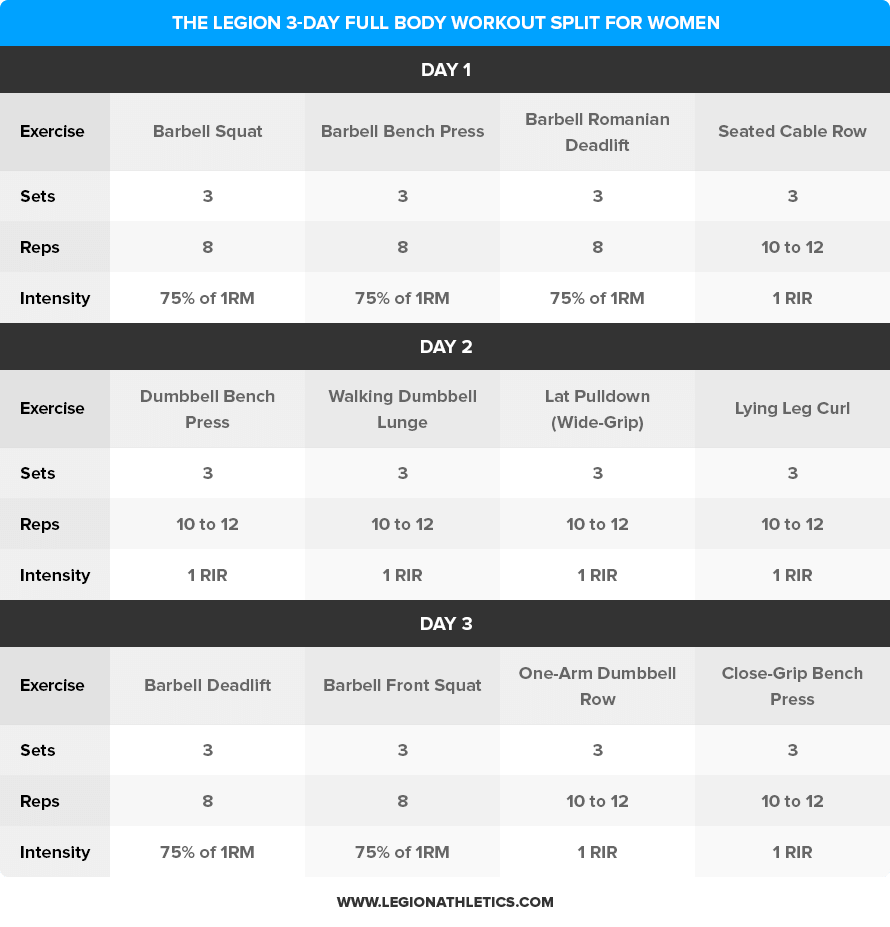
A nutrition certification is a great way to expand your nutrition knowledge. NASM's nutrition certification program is intended to increase your knowledge and help you make positive changes in the diets of your clients.
The NASM nutrition certification program consists of an interactive online course, a 24-chapter digital book, and downloadable resources. The course teaches the fundamentals of dieting and achieving different nutrition goals. You will also find handouts, worksheets and charts. The course is accessible on any device and includes access to downloadable resources as well as a lifetime certification process.
The NASM Certified Nutritional Coach exam prep course is designed for nutrition certification students. Those who pass the exam will be able to add the NASM nutrition certification to their NASM-CPT. This certification will empower you to help your clients adopt healthier eating habits.
FAQ
What happens if there isn't enough sleep?
Lack of sleep means that your brain does not receive enough signals to regulate hormones. This can lead to weight gain and excess eating. Overeating can also be caused by a lack of sleep.
What does nutrition do for your body?
Your body can function properly if you get the proper nutrition. To ensure that your body receives adequate nutrition, it is best to eat a balanced meal with lots of fruits and vegetables, lean protein, whole grain, as well as healthy fats.
What does Exercise do for your Body?
Exercise can help you lose weight. Build muscle mass, increase energy, reduce stress, and improve quality of your sleep. You will experience improved moods and self-esteem as well as increased productivity and a lower risk of developing heart disease.
Why is physical fitness important?
Physical fitness is extremely important for our health. For our health to be healthy, we need to exercise often. Exercise improves sleep quality, helps with stress management, increases energy and boosts self-esteem.
Statistics
- Globally, 28% of adults aged 18 and over were not active enough in 2016 (men 23% and women 32%). (who.int)
- Physical activity confers the following maternal and fetal health benefits: a decreased risk of pre-eclampsia, gestational hypertension, gestational diabetes (for example, 30% reduction in risk) (who.int)
- In 2018, the World Health Assembly agreed on a global target to reduce physical inactivity by 15% by 2030 and align with the Sustainable Development Goals. (who.int)
- One study showed that adults who watch more than 4 hours of television daily had an 80% higher risk of death from cardiovascular disease. (heart.org)
External Links
How To
How to Lose Belly Fats More Fast
Belly Fat is usually seen as a problem when we want to lose weight. However, Belly Fat can be beneficial if you really think about it. It is the fat in your stomach that protects your organs. So let's see how to burn belly fat fast.
Stress and inactivity are two of the major factors that cause us to store body fat. Cortisol hormone is stimulated by stress, which causes us to feel constantly hungry. Cortisol levels are increased by insulin. The insulin stores the excess calories as fat. Lack of sleep causes the release of adrenaline into our system, leading to increased appetite. These extra calories can be broken down by exercising.
There are many ways you can reduce belly fat. You can try any one of them depending upon your budget. Here are some quick tips to get rid of belly weight.
-
Reduce the amount of food you eat. Instead of eating three large meals per day, try to eat smaller meals. You will eat less calories in general.
-
Drink lots of water. Water flushes out toxins and keeps you hydrated. Drinking water before meals will help you feel fuller for longer, so you don't overeat.
-
Avoid eating unhealthy snacks. If you're looking for quick fixes, snack foods like chips, cookies, candies, etc. This might be tempting. These sweet treats can be tempting, but they are high in empty calories and sugar. Instead, choose healthy alternatives like fruits, veggies, nuts, seeds, and whole grains.
-
Strength training should be done at least three times per week. Strength training builds muscle mass and burns more calories when you're not working out. Strength training strengthens bones, muscles and ligaments. It can also improve the heart, lungs, joints, and other body systems.
-
Walk or stretch regularly. Stretching helps to improve flexibility and mobility, which reduces back pain. Walking for 30 minutes is a great way to burn calories.
-
Reduce alcohol intake. Reduce alcohol intake. Alcohol is a waste of calories and has no nutritional value.
-
You can lose weight slowly. Your current weight is the first step to losing weight. Calculate your ideal weight by adding approximately 5% to 10% of the total weight. Once you have determined your ideal weight, you can start to reduce your calorie intake by 500-1000 calories per day until you reach it.
-
Avoid processed foods. These foods contain high levels of sugar, salt, and preservatives. Although they are convenient, processed foods don't have enough nutrients to sustain your health.
-
Don't skip breakfast! Breakfast is good for your concentration, memory, and energy. You should have protein (such as eggs) and fiber (such as oats) for breakfast.
-
Have regular bowel movements. Bloating and gas can be caused by irregular bowel movements and constipation. Drink plenty of water to prevent gas and fiber ingestion.